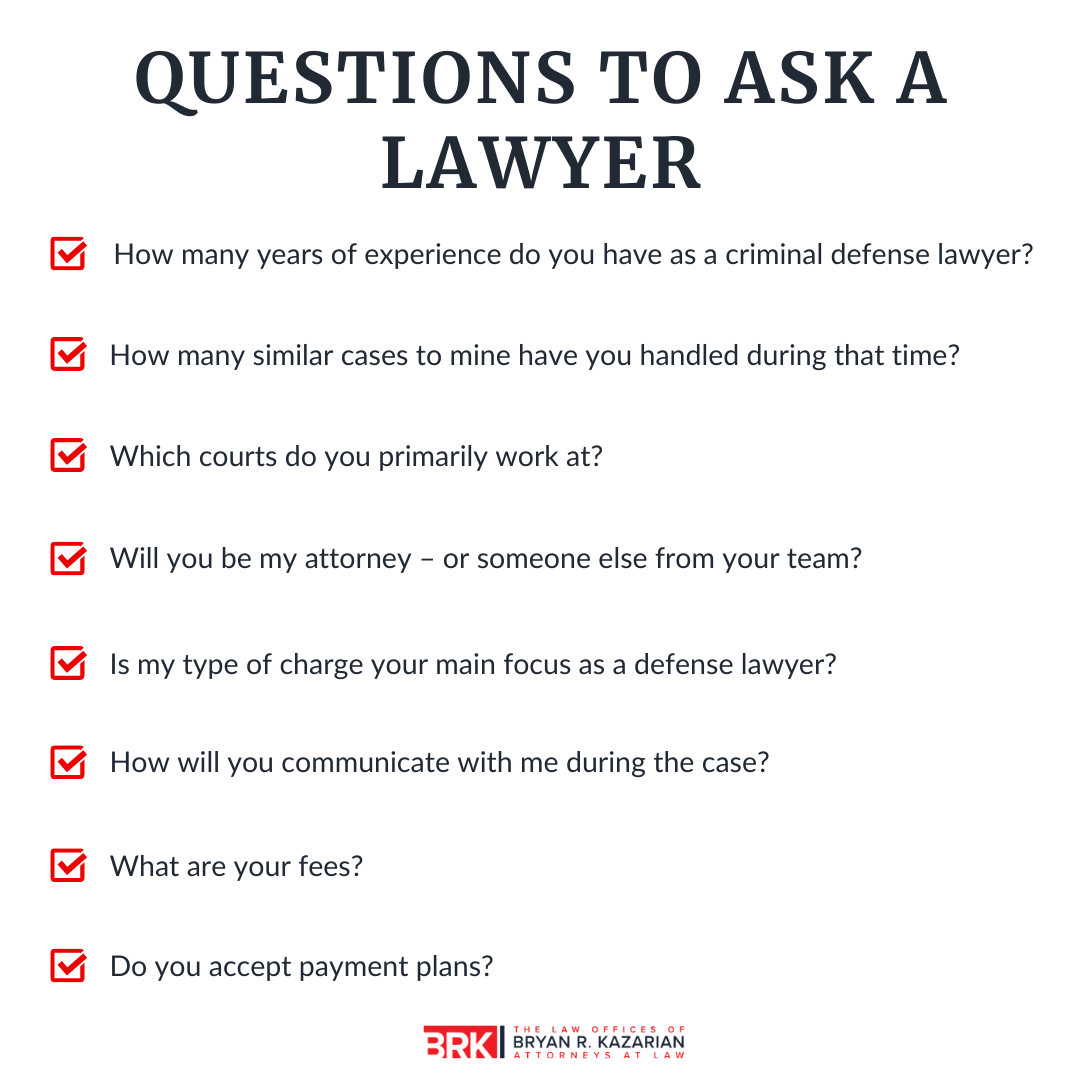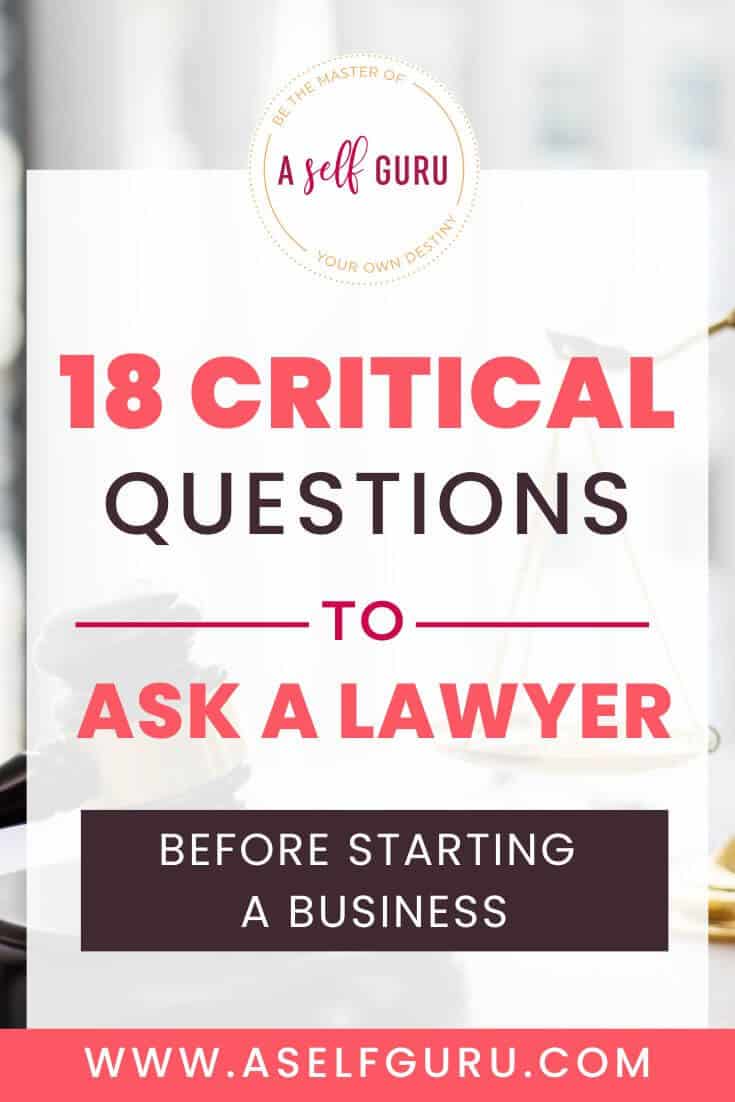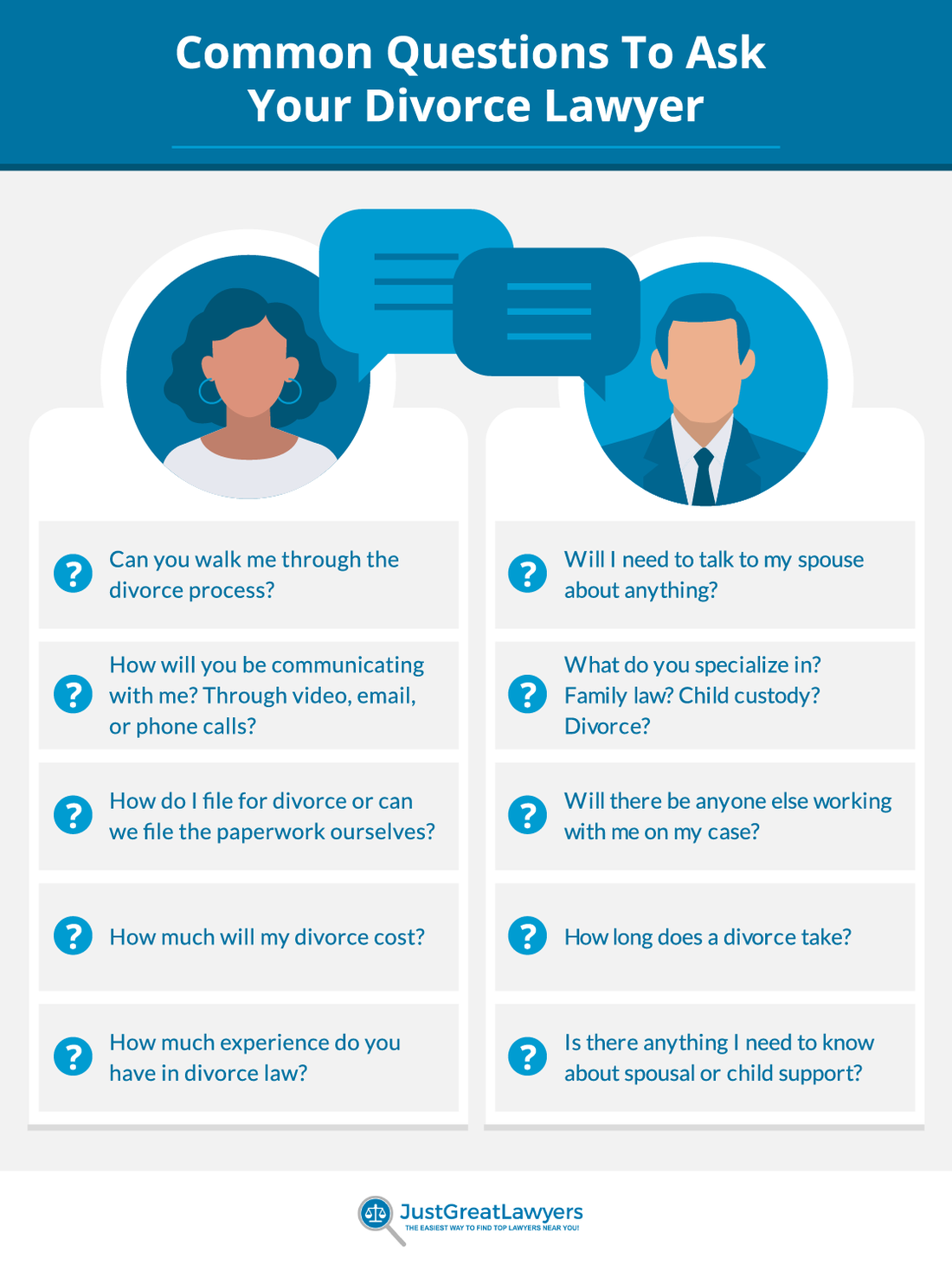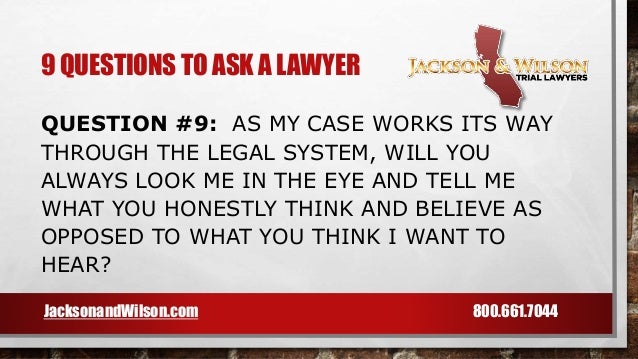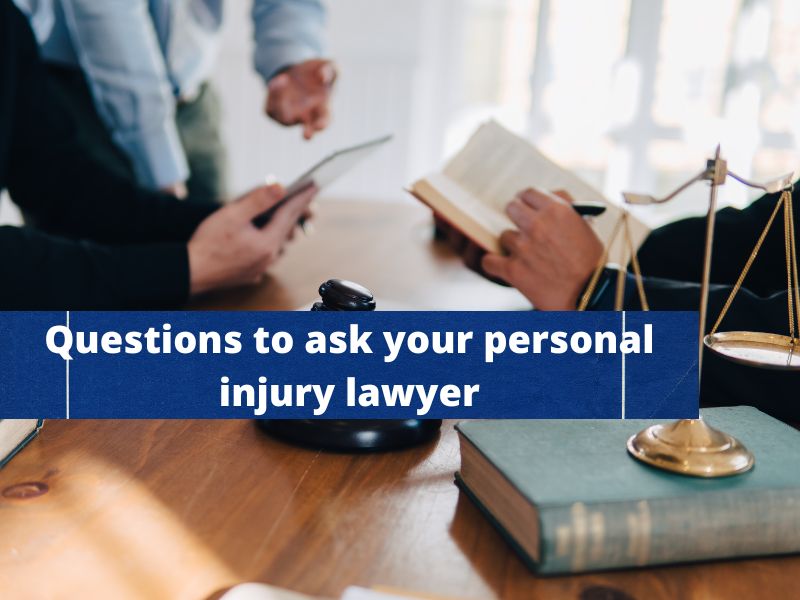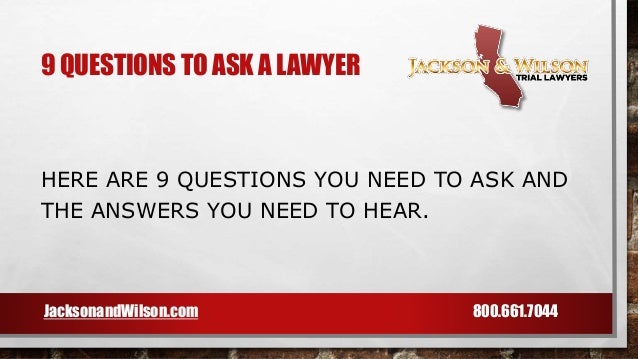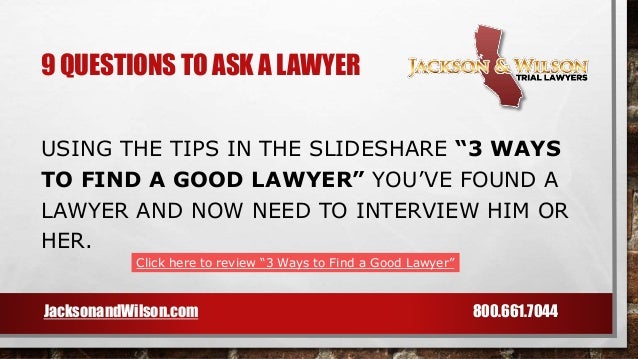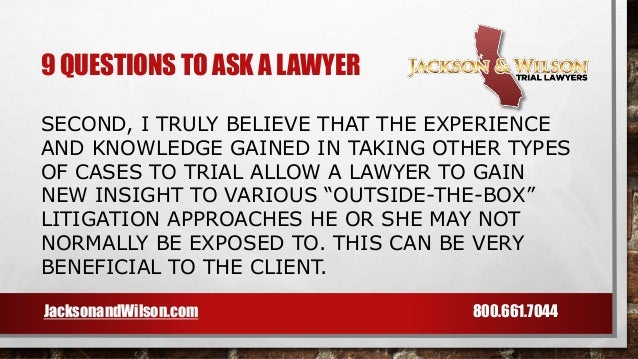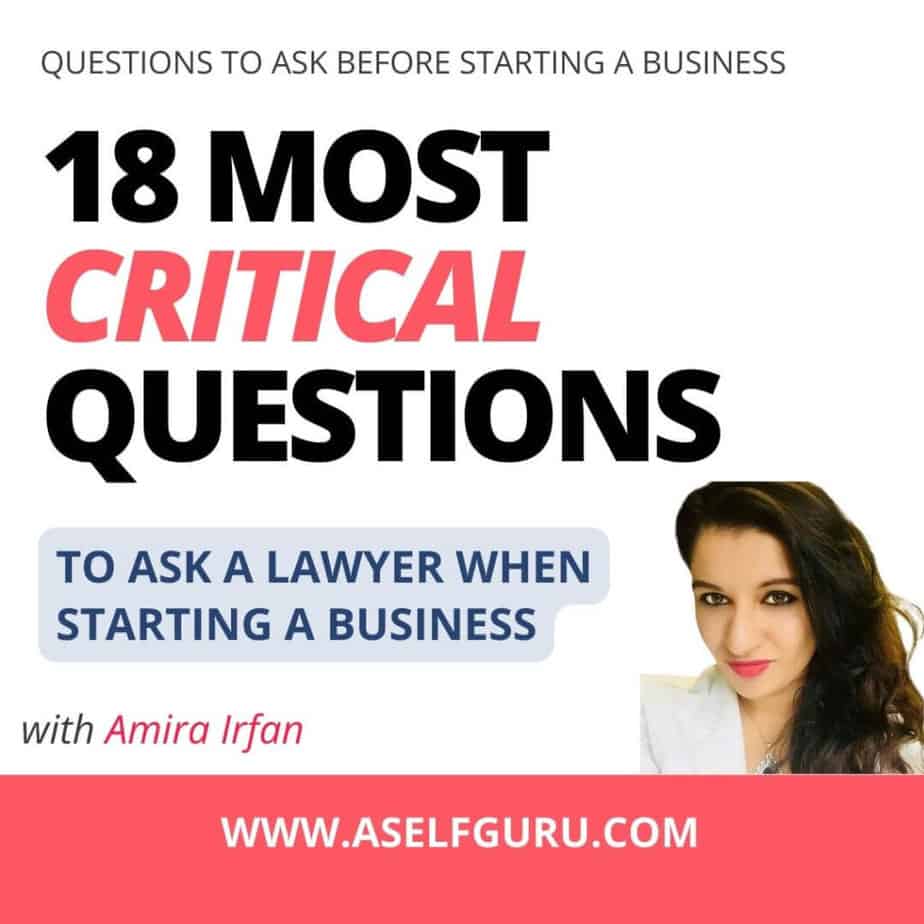How To Ask Questions Like A Lawyer
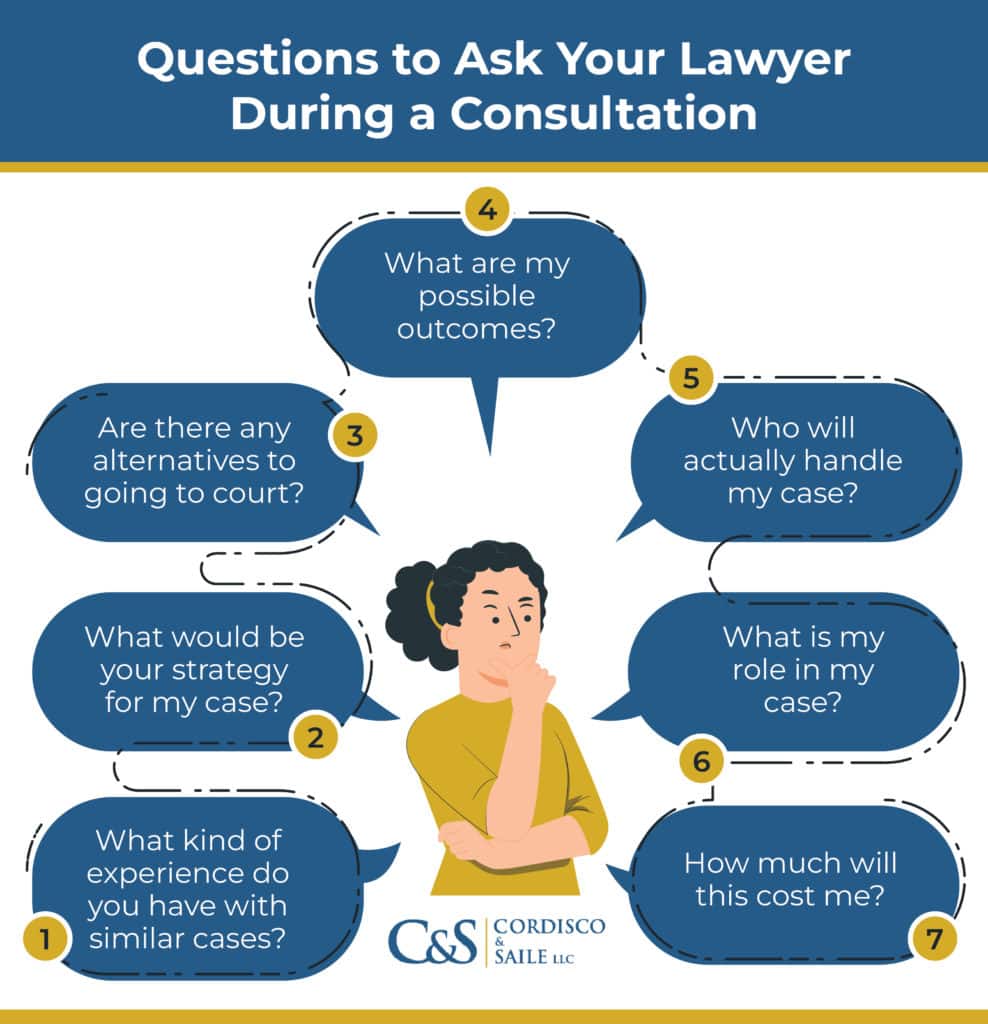
In a world saturated with information, the ability to ask effective questions is more crucial than ever. While often associated with the legal profession, the art of inquiry, when honed and applied thoughtfully, can be a powerful tool in any field. Learning to ask questions like a lawyer can sharpen your critical thinking, enhance your communication skills, and help you uncover hidden truths in everyday conversations.
At its core, the lawyerly approach to questioning emphasizes clarity, purpose, and control. The goal isn't simply to gather information but to elicit specific answers that support a particular narrative or objective. This strategy involves careful planning, meticulous wording, and a deep understanding of the subject matter.
Understanding the Lawyer's Toolkit
Several key techniques distinguish the questioning style of a lawyer.
Leading Questions
Lawyers often use leading questions, which subtly suggest the answer they are seeking. These questions are carefully crafted to guide the respondent towards a specific conclusion. For instance, instead of asking "What did you see?", a leading question might be "You saw the car speeding through the intersection, didn't you?"
Open-Ended vs. Closed-Ended Questions
Open-ended questions allow for broader, more descriptive responses, providing the interviewer with a wealth of information. Conversely, closed-ended questions elicit concise, often "yes" or "no" answers, helping to narrow the focus and confirm specific details. A balanced approach is crucial. Knowing which type of question to use at what point in a conversation can provide the interviewer with maximum control over the information received.
The Funnel Technique
The funnel technique involves starting with broad, open-ended questions and gradually narrowing down to more specific, closed-ended ones. This method allows you to establish a rapport with the person you are questioning while gathering a comprehensive overview of the situation before diving into the finer details.
Hypothetical Questions
Hypothetical questions are used to explore potential scenarios and understand how someone might react in a given situation. These questions are not about gathering facts but about exploring possibilities. For example, "If the defendant had known the risks, would he have acted differently?" They can reveal assumptions, biases, and underlying motivations.
Applying the Techniques
These techniques can be applied in various situations beyond the courtroom.
In business, asking targeted questions during negotiations can help you uncover the other party's priorities and identify opportunities for compromise. During meetings, you can use leading questions to steer the discussion towards a desired outcome.
In personal relationships, you might use open-ended questions to better understand a friend's perspective or closed-ended questions to clarify expectations. These skills are invaluable for conflict resolution and building stronger connections.
Ethical Considerations
It's crucial to remember that the power of questioning comes with ethical responsibilities. Asking questions like a lawyer doesn't mean manipulating or misleading others. Instead, it means using your communication skills to get to the truth in a fair and respectful manner.
Misleading questions should be avoided. The goal is clarity and understanding, not deception. The power of persuasion should be used responsibly. The line between skillful questioning and manipulation is crossed when one uses the techniques to deliberately deceive or exploit another person.
Ultimately, learning to ask questions like a lawyer empowers you to engage more effectively in conversations, gather valuable information, and make better decisions. By mastering these techniques, you can transform the way you communicate and navigate the world around you.
